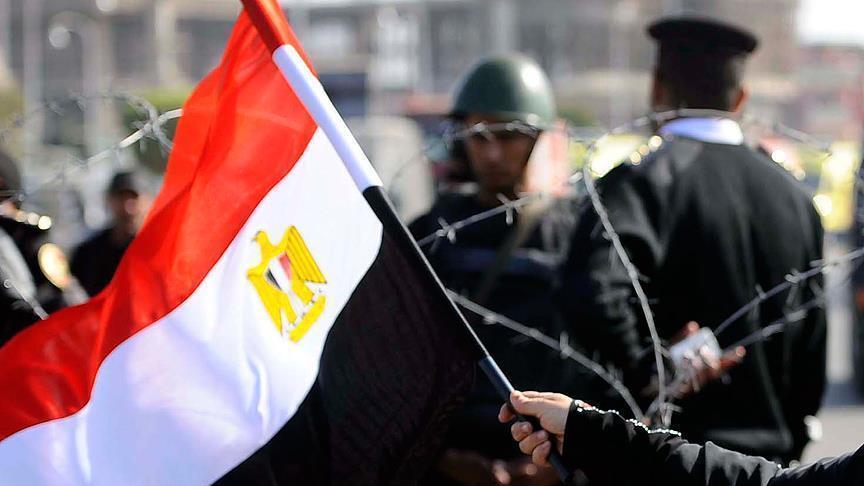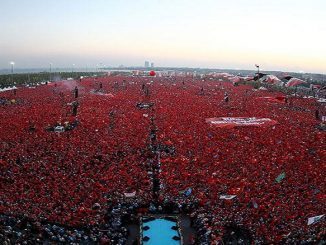
The mass trial of survivors of a massacre of pro-democracy protesters shames Egypt. Western powers should understand how autocracy is eating away at the Arab nation
In democracies governed by the rule of law, it is the perpetrators of a massacre who are tried for murder. In Egypt, it is the survivors who are tried – and in some cases sentenced to death. In democracies governed by the rule of law, trials are fair and prompt; in Egypt the survivors of a massacre can be detained for five years before trial, and then tried in huge groups, with no chance of a proper defence. There is something uniquely grotesque about the recently concluded trial of 739 defendants who were allegedly among the protesters against the military coup that propelled General Abdel Fatah al-Sisi to power in 2013.
Some had quite literally been among the protesters, rather than being protesters themselves: the photographer Mahmoud Abu Zeid, known as Shawkan, was simply doing his job as a journalist when he was swept up in the repression. His sentence of five years was greeted with relief when it was handed down this month, since he has already served it. His ongoing treatment remains a stain on Egypt. The photographer must now spend every night for the next five years in a police station, but is free by daylight.
Even this is far more than most of those tried can hope for. Seventy-five defendants have been sentenced to death for being on the losing side of the protests. No member of the security forces has been sentenced, or even tried, for their part in the deaths of at least 800 civilians when the Rabaa al-Adawiya square, which had been occupied by supporters of the ousted Muslim Brotherhood government, was cleared in 2013. The officers who planned and ordered the massacre have all been given immunity by a law passed by the tame parliament.
Meanwhile, observers have little doubt that Egypt is engaged in a bombing campaign and siege tactics in the Sinai. Egyptian forces are also clearly involved in both the Libyan civil war and the conflict in Yemen. There is something abhorrent about the way in which the Sisi government and its western enablers mock the hopes of the Arab spring, and dress the corpse of democracy in the tatters of justice so that it lurches into the news like Dr Frankenstein’s monster.
The day before the death sentences were delivered, the United States announced the gift of a further $1bn in military aid for this year. It is apparently necessary for the “war on terror” to subsidise lavishly a regime that terrorises its own people and indeed everyone on its territory: this summer the British Foreign Office formally warned tourists that criticism of the Egyptian government might land them in jail. Notwithstanding that ugly truth, Egypt is apparently on the list of countries with which Britain is to trade more after Brexit. Cairo last month handed out gas exploration licences to British and Italian companies. Egypt is also a prize arms customer for both France and Germany.
So western governments have given their backing to Mr Sisi’s regime, perhaps more for fear of the anarchy that might follow its fall than for the profits to be made by selling arms or drilling for gas, and apparently unconcerned that autocracy is again breeding misery and extremism. But if democracy is a mirage in Egypt, some minimum standards of human rights may yet be upheld. The sentences from this trial may be appealed. They should be. The government must lift the death sentences. Using judicial mass murder as an instrument of policy is straight from the despot’s playbook. Mr Sisi’s international stock is low; why lower it further still?



